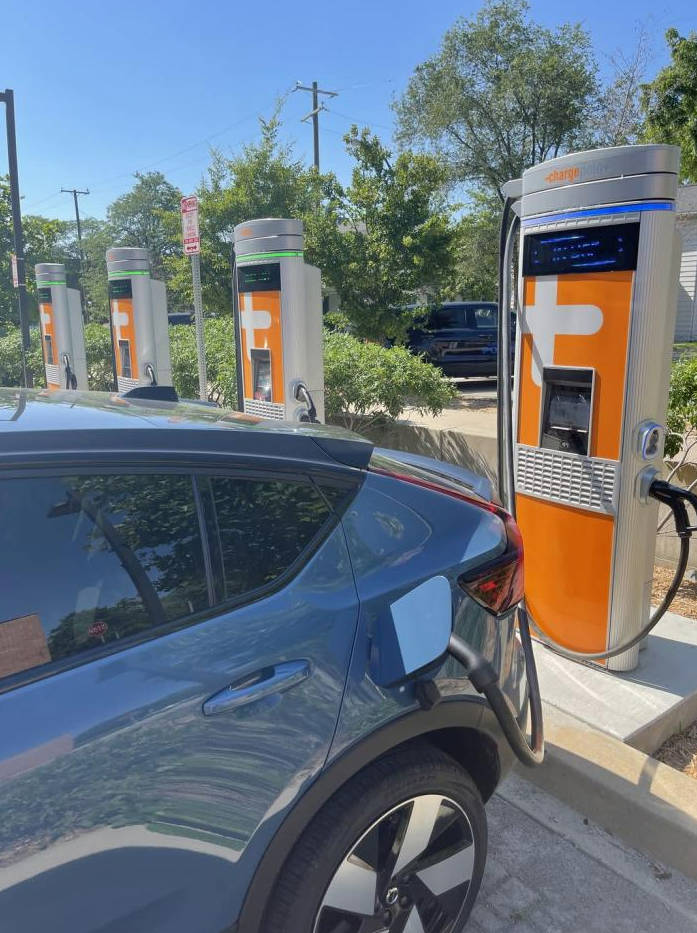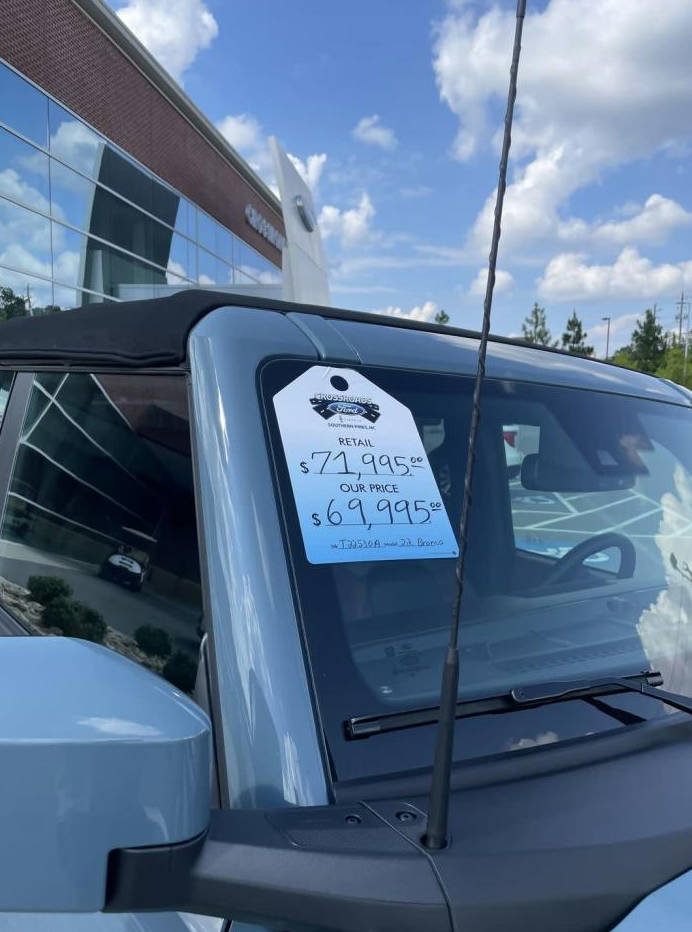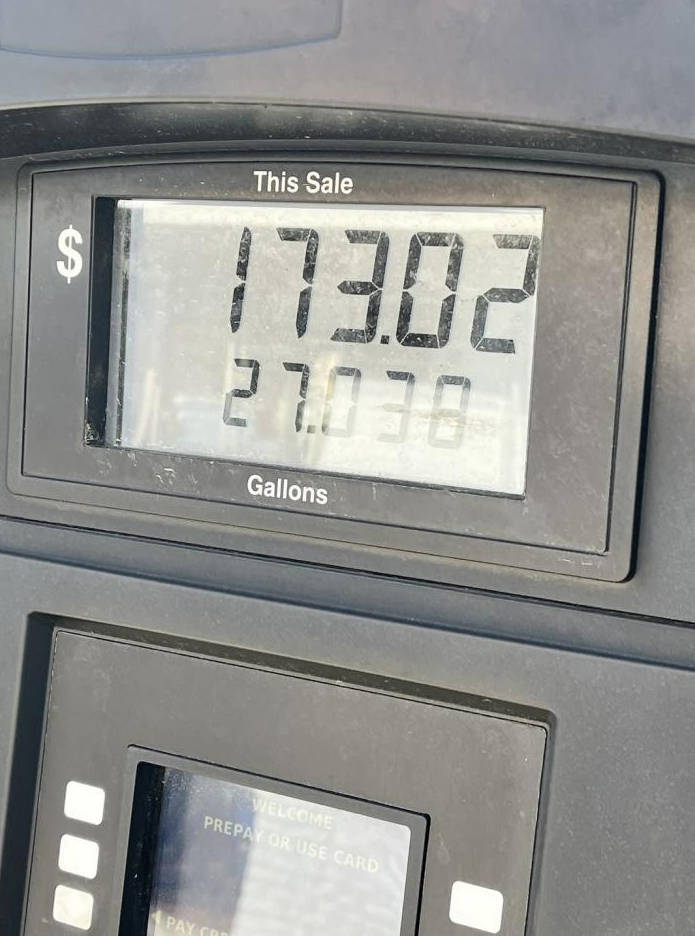Politicians must run on some sort of platform, and my representative in the state legislature for North Carolina’s 52nd District, Ben Moss, has decided that his animating principle is to go crazy on electricity. To demonstrate his hostility to this invisible threat, he is sponsoring House Bill 1049, which would appropriate $50,000 to destroy free bus chargers. It contains some other enlightened ideas, but this is the theme: we just need to do something about these free public chargers, even if it costs us $50,000! These things cost tens of cents per hour when they are in use.
Of course, there’s a caveat here. moss isn’t saying that the free public Level 2 chargers – of which there are three in my town, and which are scheduled to be converted to paid kiosks – surely need to be crushed by a monster truck. That rule only comes into play when a town refuses to build free gas and diesel pumps next to electric car chargers. So anyway, warm up El Toro Loco, we’re crushing some car exterminators!

But what about the private sector? You ask. Don’t worry, Moss hasn’t forgotten that businesses may place chargers on their property to entice EV owners to patronize the establishment. Small businesses are the heart of the local economy. That’s why he’s out of the way when it comes to private property. Just kidding! Ben Moss cares about the consumers who are hurt by these hypothetical free chargers – i.e., any customer who arrives via internal combustion engine vehicle, on foot or in a sedan. Why should anyone else get some advantage based on the decisions they make? That’s not how life works.
That’s why House Bill 1049 requires all customer receipts to show what share of the bill went to the chargers in the batch. That way, anyone who shows up for dinner in an F-150 (not an electric airplane) will be pissed that their jalapeño helped pay for a business expense that has nothing to do with them directly. This is the same way you demand to know the cost of Applebee’s keeping the lights on in their parking lot overnight when you are not there. Sure, it would be an accounting nightmare, but if we can stop a person from adding 16 miles of charging to a Nissan LEAF while eating a blooming onion, it’s all worth it – not that restaurants here have free chargers, but you can’t be too careful. There’s now a charger at the nearby Ford dealership, and it raises the price of the Broncos by $20,000. Coincidence? I think not.

Critics of the bill might point out that increasing the number of electric vehicles could actually benefit owners of internal combustion vehicles due to reduced demand for petroleum products – sort of like a shortage of pipeline gas in the colonies and no Ford Mustang Mach-E at the local pumps. or, to put it another way, if the prices of the local politicians are eating too much paste and the price of paste is skyrocketing, then if you can get them to eat some crayons, those prices might go down. But good luck with that! The paste is delicious.
As I said, e-heads also want to point out that the electricity is produced domestically, so your transportation costs stay in the US, not to Saudi Arabia. If you really want to keep your money in your community, you can hire a local company to install solar panels and generate your own electricity.52 The District includes numerous electricians, Duke Energy utility workers, and solar installers. But no oil rig workers – yet!

Which brings me to another fundamentally unrelated point, but I’ll make it anyway: we need more jobs in this space, not more free bus chargers. Yes, electric car company VinFast is building a 2,000-acre plant down the road that will employ 7,500 people, and Toyota is building a battery plant outside Greensboro that will employ 1,750 people. But let’s remember that House Bill 1049 would also create a job for people who walk around and rip out free public chargers – until it’s done, which could be most of the week.
In fact, if we expand this idea to other public facilities that not everyone uses, we could create even more jobs. Why have a library when I don’t like books? Why are there schools? I’m not a child. Don’t get me started on roads that lead to places I’ve never been and all the town fire trucks that haven’t come to my house except for that one time. Maybe we won’t tear everything down, if only we can instill a general feeling that others are getting away with it.